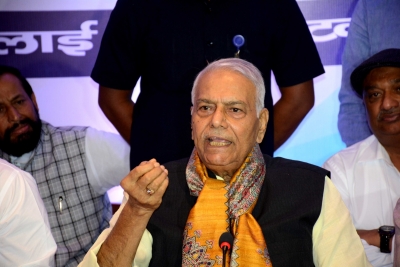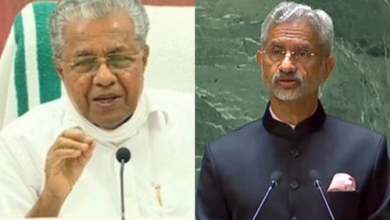
New Delhi, May 23: The Chhattisgarh government has moved the Supreme Court challenging the bail granted to the state’s Additional Director General of Police Gurjinder Pal Singh in a case filed against him under the Prevention of Corruption Act.
The plea, filed through advocate Sumeer Sodhi, said: “The petitioner state submits that the present case is not one where the state apprehends that if the respondent is released, he might influence witnesses, in fact the present case is such where the respondent has, in the past, intimidated witnesses because of which the state had to provide police protection to such witnesses.”
Senior advocate Mukul Rohatgi, representing the state government, mentioned the matter for a vacation bench headed by Justice D.Y. Chandrachud and sought urgent listing. The bench allowed the state government to mention the case for urgent listing through the mentioning registrar, who would then list it.
The state government’s plea said the Chhattisgarh High Court was not correct in observing that Singh is a suspended police officer having no power. It added that Singh’s conduct inside the jail is also questionable.
“He was using his seniority in the Police Department in luring guards deployed inside the jail to act contrary to the jail rules and the law applicable therein and hence the regular bail application of the respondent ought to have been rejected by the High Court,” it said.
The state government said the high court has not considered the fact that the necessary sanction from the Centre as mandated under Section 19 of the Prevention of Corruption Act, 1988 has already been sought by the Chhattisgarh Home Department on March 14, 2022.
“In reference to the said request, the Central Government had raised certain queries on March 29, 2022, which were replied to by the state of Chhattisgarh on April 12, 2022. Therefore, the mandated time period of three months, along with one month extension, could not have been over before July 2022,” it added.
The high court had, on May 12, granted bail to Singh.
On May 4, the Supreme Court declined to grant interim bail to Singh in the corruption case and asked the high court to dispose of Singh’s bail matter, pending adjudication before it, expeditiously, on its own merits and in accordance with law.
In January, the Chhattisgarh Anti-Corruption Bureau arrested Singh, who is under suspension, and charged him with corruption, sedition, and promoting enmity.
On January 3, this year, the top court had junked a plea by Singh, challenging the high court order, which denied him protection against arrest in the corruption case.






